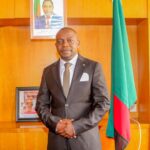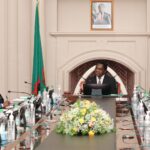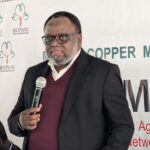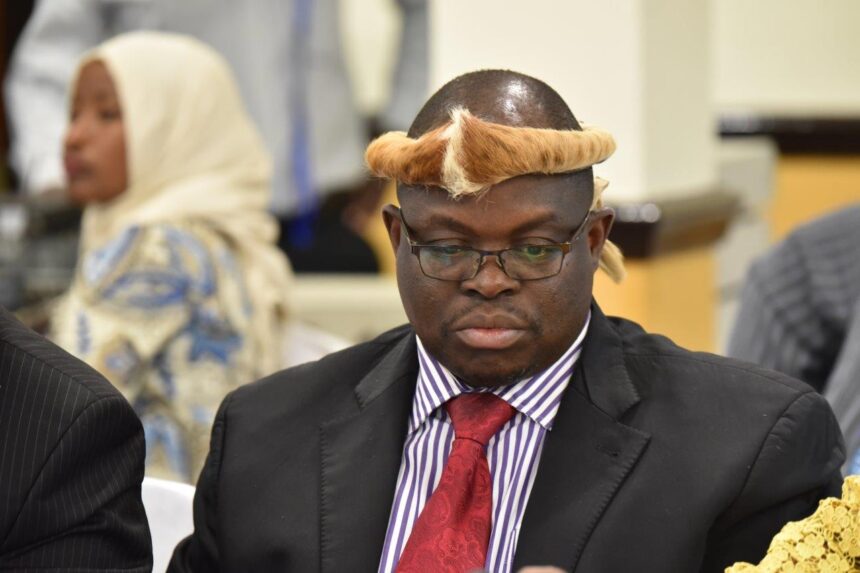Chief Madzimawe of the Ngoni-speaking people in Eastern Province has called for the inclusion of traditional leaders from the very beginning of the constitutional amendment process. Speaking during a session with Ministry of Local Government and Rural Development Permanent Secretary Nicholas Phiri in the House of Chiefs on Tuesday, Chief Madzimawe emphasized that such early engagement would help mitigate issues of mistrust and ensure the constitutional document truly reflects the concerns and needs of all Zambians.
Chief Madzimawe’s remarks highlighted a key challenge that has historically emerged in constitutional reform processes: the exclusion of traditional leaders from the initial stages of consultations. He pointed out that when traditional leaders are only involved later in the process, after much of the groundwork has been laid, they often find themselves with little influence over the outcome. This, according to Chief Madzimawe, breeds mistrust and skepticism about the integrity of the process.
“My main concern is that the issue of including our concerns in the Constitution often arises when we are only called to the table at a later stage, after the preparations have been made, and the ingredients have been collected. We were not there from the beginning, and this creates mistrust,” said Chief Madzimawe. He expressed the belief that traditional leaders, as key stakeholders in the country’s social fabric, should be part of the discussions from the outset to ensure that the final document is inclusive and represents the interests of all segments of society.
The Chief’s comments resonate with ongoing discussions around the need for greater inclusivity in the constitutional amendment process. Traditional leaders, who serve as custodians of cultural values and community traditions, play a vital role in the governance structure of Zambia. Their exclusion from critical national discussions, such as the drafting or amending of the Constitution, has led to a sense of disconnection between the people they represent and the political processes that shape the country’s future.
Chief Madzimawe further elaborated on the importance of trust and transparency in the constitutional reform process. He argued that involving traditional leaders early in the process would not only foster better communication but also ensure that the concerns of local communities are adequately represented. This collaboration would help create a document that is more reflective of Zambia’s diverse social, cultural, and economic realities, ultimately contributing to a more unified and harmonious nation.
The Chief’s call for early involvement comes at a time when the country is navigating significant constitutional reforms. It reflects a growing recognition that constitutional amendments should be inclusive, transparent, and participatory, with all stakeholders—particularly traditional leaders—having a seat at the table.
In response to Chief Madzimawe’s concerns, Permanent Secretary Nicholas Phiri acknowledged the importance of engaging traditional leaders throughout the constitutional amendment process. He noted that their participation would bring valuable perspectives that could enrich the discussions and ensure that the final document aligns with the values and aspirations of the people at the grassroots level.
This call for early involvement is not only crucial for ensuring that the constitutional amendment process is more inclusive, but it also serves to strengthen the relationship between the government and traditional leadership. By working together, both entities can create a Constitution that respects Zambia’s cultural heritage while addressing contemporary governance needs.
In conclusion, Chief Madzimawe’s appeal for the inclusion of traditional leaders from the beginning of the constitutional amendment process highlights a critical aspect of ensuring effective, transparent, and trustworthy governance. By engaging traditional leaders early in the process, Zambia can build a Constitution that represents the diverse voices of its people, fostering national unity and trust in the country’s democratic institutions.






